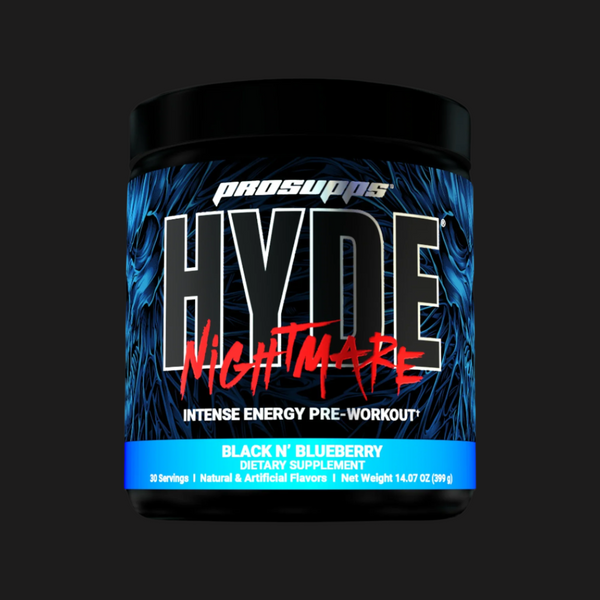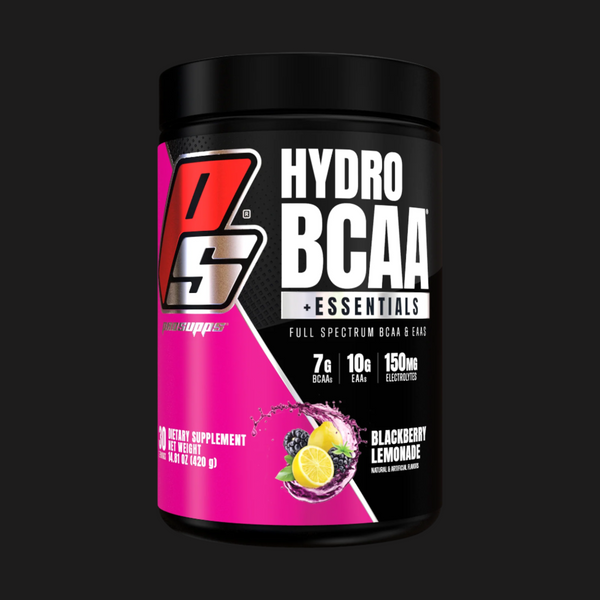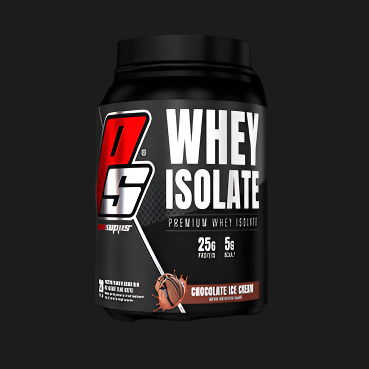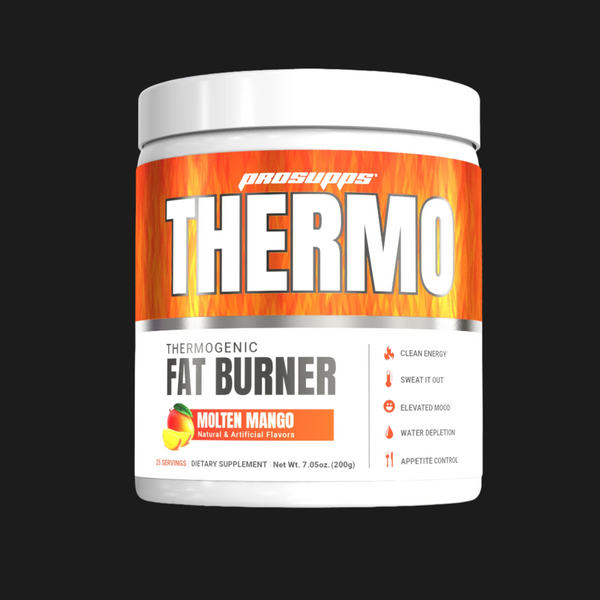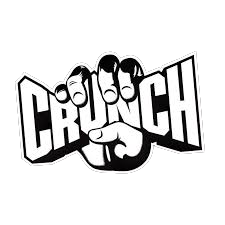
7 Ways to Boost Testosterone
 Written by Guy Gustafson
Written by Guy Gustafson May 20, 2020
Testosterone is an essential hormone, and low levels of it are a common issue throughout the world, in both men and women. Have you ever wondered if your testosterone is too low? Are you unsure of the effects this issue can cause or what you can do to fix it?
If you answered “yes” to any of these questions, keep reading. Explained below are some of the most common signs of low testosterone, as well as seven ways you can boost your body’s testosterone production.
What Is Testosterone?
Testosterone is often referred to as a male sex hormone. Both men and women produce it, though, just at different levels.
Testosterone production takes place primarily in the testicles for men and in the ovaries for women. It, like many other hormones, is produced from cholesterol.
Production of this hormone increases during puberty and then starts to decline around age 30. Some decrease is natural and not cause for concern. When levels dip too low, though, it can create an imbalance that wreaks havoc on the body and creates a myriad of potential health problems.
Why Is Testosterone Important?
Testosterone is essential to both men and women’s overall health. It plays an important role in sperm production (in men) and helps people of both sexes to maintain a healthy libido.
Testosterone has several other functions as well, including the following:
- Promotes good bone health
- Increases fertility
- Increases muscle size and strength
- Promotes normal brain and cognitive function
All of these sound pretty important if you want to look and feel your best long-term, right? That’s why you need to take your testosterone levels seriously, regardless of your age or gender.
Signs You Have Low Testosterone
It’s not always easy to tell if you have low testosterone. The following are some common signs that you might notice if your testosterone levels have dipped below the normal range (that’s 280 to 1,100 ng/dL for men and 15 to 70 ng/dL for women):
Low Testosterone in Men
Men who have low testosterone often have a diminished sex drive. It’s also common for them to lose hair, feel fatigued, and experience a decrease in their bone mass.
Their levels of muscle mass might be lower, too, and they may have a hard time gaining strength and mass in the gym, even if they’re doing everything “right” in terms of their workout and diet.
Men with low testosterone often gain weight (they might even develop gynecomastia due to an imbalance of sex hormones), and they tend to notice changes in their mood and cognitive function. They might have mood swings, for example, or have difficulty remembering.
Low Testosterone in Women
There is some overlap in the symptoms women and men experience when their testosterone is low. Women, too, may experience a decrease in their sex drive, for example. They might also gain weight, have trouble gaining muscle, and lose bone density.
It’s common for women to feel fatigued and sluggish as a result of low testosterone, and they may experience fertility issues and irregular menstruation. Their sleep quantity and quality can be affected in a negative way, too.
Top 7 Ways to Boost Testosterone
Low testosterone can definitely make it harder for you to maximize your workouts and see great results from them. Luckily, though, there are steps you can take to increase your body’s levels of this hormone, including the following:
- Regular Exercise
One of the most important things you can do to boost testosterone is to exercise on a regular basis. This is tricky for a lot of people, though, especially since low testosterone can cause them to feel fatigued, depressed, and unmotivated to get into the gym.
If you continue to stick to your routine, your chances of raising your testosterone will increase. This is especially true if you focus on the right kinds of exercise.
Strength training is known as the best type of exercise you can do for increasing testosterone in the short-term and long-term. High-intensity interval training can also be effective, though. Short bursts of high-intensity exercise followed by longer rest periods will help you lose extra body fat without losing your hard-earned muscle mass.
- Balanced Diet
Your diet can have a huge impact on your body’s hormone production. If you’re eating too much of one macronutrient and not enough of another, you might find yourself in an unfavorable hormonal position.
The body needs adequate protein to maintain muscle mass, for example. Eating too few carbohydrates can lead to poor recovery, which can cause low testosterone levels. Too little fat can also affect testosterone since the body needs fat and cholesterol to produce hormones.
It’s important to note, too, that constant overeating or undereating can throw off testosterone. If you’re always cutting, your hormones will suffer. If you’re in a permanent bulk and gain too much body fat, this can also result in imbalances.
- Stress Management
If you’re always stressed out, there’s a good chance your hormone levels, including your levels of testosterone, are going to be thrown out of balance.
Chronic stress means chronic cortisol (stress hormone) elevation. If cortisol stays high for too long, your testosterone levels will decrease. Cortisol and testosterone work together like a seesaw -- if one goes up, the other has to come down.
If you’re always stressed out, you might also be more prone to overeating. This, in turn, can lead to weight gain and hormone disruption.
Keep in mind, too, that overexercising will also lead to elevated cortisol levels. It’s important to exercise to boost testosterone, but too much exercise and inadequate rest will have the opposite of the desired effect on your hormones.
- Sun Exposure
Spending time in the sun is great for just about everyone. It’s especially important for those who have low levels of testosterone, though.
Regular sun exposure helps the body to produce adequate amounts of vitamin D, which acts as a steroid hormone in the body and is made from cholesterol. Increasing vitamin D has been shown to increase testosterone levels in some people. It also helps to strengthen the immune system and improve one’s mood.
Spending just 15-20 minutes in the sun each day can have a huge impact on your vitamin D levels. If you live in a very cloudy place or somewhere where this is hard to do, you can also supplement with vitamin D to ensure you’re getting enough.
- Vitamin and Mineral Supplementation
A lack of vitamin D can impact your testosterone production. There are other vitamin and mineral deficiencies that can lead to low testosterone levels, too, though, including the following:
- Zinc
- B vitamins
- Vitamin A
- Vitamin C
- Vitamin E
Before supplementing with these vitamins and minerals, it’s important to have testing done to identify your unique deficiencies. Over-supplementation can lead to too-high levels of these nutrients, which can also have negative effects on your health and performance. Consult a licensed health care practitioner to help guide you through this process
- Sleep
Quality sleep is essential if you want to have healthy hormone levels (including adequate levels of testosterone). Like the exercise dilemma, this one can also be tricky since low testosterone can make it harder for you to get quality sleep.
Increasing your sleep quantity by even one hour can have a significant effect on your testosterone, though. In fact, one study showed that, for every hour of sleep you add, your testosterone can increase by an average of 15 percent.
To increase your sleep, try sticking to a consistent routine. This means going to bed at the same time each night and waking up at the same time each morning. You can also try a sleep aid supplement like ProSupps® Crash Liquid Shots to help you relax and enjoy better sleep quality.
- Testosterone-Boosting Supplements
Finally, you can also benefit from incorporating testosterone-boosting supplements into your current supplement stack. Some great options to try are pre-workout supplements like ProSupps® Hyde® Test Surge.
ProSupps®Hyde® Test Surge contains many of the micronutrients your body needs for healthy testosterone production, including vitamin D, B vitamins, zinc and the mineral boron to reduce inflammation, lower estrogen, and convert total testosterone to free testosterone. It also provides you with a safe dose of caffeine to increase your energy and help you get motivated to go into the gym and crush your workouts.
HYDE® Test Surge is formulated with proven testosterone-boosting ingredients. This includes diindolylmethane (or DIM) to promote healthy estrogen metabolism and release free testosterone and the adaptogenic herb Shoden™ Ashwagandha (the highest extracted form of Ashwagandha available) for better stress management and cortisol reduction.
You can use Hyde® Test Surge for noticeable results and sustained energy.
Boost Testosterone Today with HYDE® Test Surge
Are you experiencing signs of low testosterone? Are you having a hard time seeing results from your workouts, no matter how hard you’re pushing yourself in the gym?
If this is the case, using a safe and effective testosterone-boosting supplement like HYDE® Test Surge might be just what you need. It contains zero sugar, zero carbs, zero calories, is gluten-free, and is good for both men and women.
=== split content ===
HYDE Test Surge
=== split content ===
GET LEAN
 Why You're Struggling
Can't Lean Out? Here's Why You're Struggling
Why You're Struggling
Can't Lean Out? Here's Why You're Struggling
We all know the feeling. You’ve been working hard in the gym, sticking to your diet and getting in your...
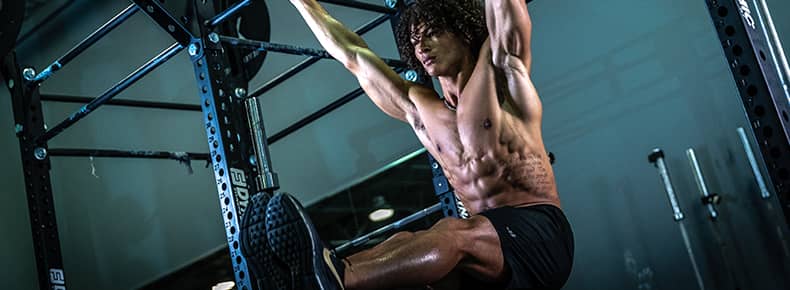 Weight Loss
Choosing the Best Protein Powder for Weight Loss
Weight Loss
Choosing the Best Protein Powder for Weight Loss
Struggling to shed body fat and lean out? You might need to focus more on your nutrition, specifically your protein...
 Weight Loss
9 Ways to Speed Up Your Weight Loss and Burn More Fat
Weight Loss
9 Ways to Speed Up Your Weight Loss and Burn More Fat
Weight loss is a major goal for more than 40 percent of Americans. Is it something you’re working toward, too?
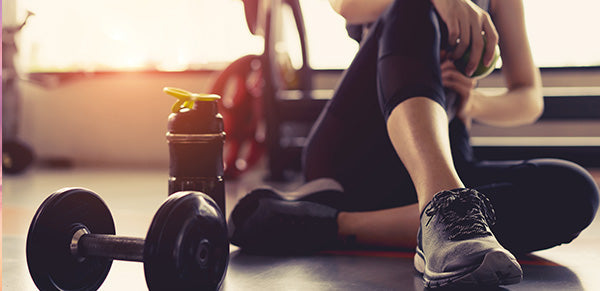 Workout Routine
10 Tips for Building a Sustainable Workout Routine
Workout Routine
10 Tips for Building a Sustainable Workout Routine
Starting a fitness journey is an exciting time, but maintaining a sustainable workout routine can be challenging. From setting realistic...





